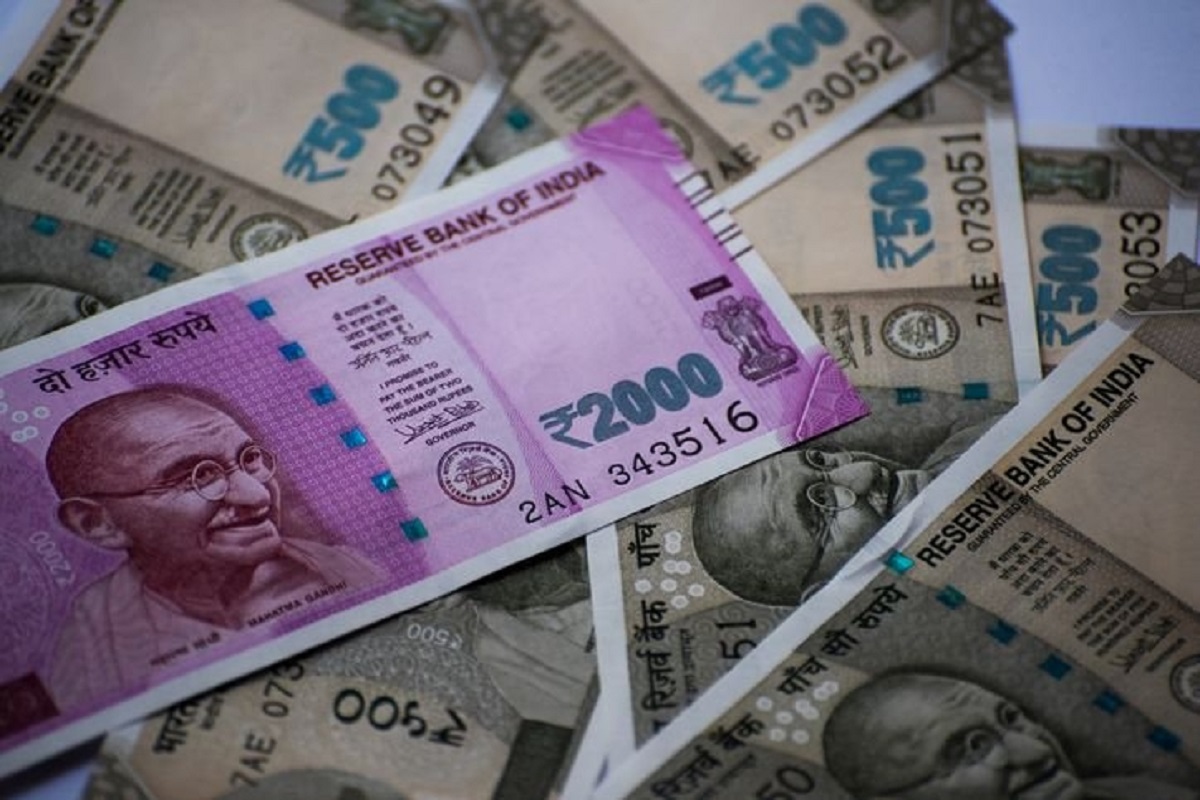In July, foreign investors infused Rs 32,365 crore into Indian equities on the back of expectation of continued policy reforms and sustained economic growth and better-than-expected earnings season.
As per the data with the depositories, Foreign Portfolio Investors (FPIs) have made a net inflow of Rs 32,365 crore in equities in July. This followed an inflow Rs 26,565 crore in June driven by political stability and the sharp rebound in markets.
Advertisement
They pulled Rs 1,027 crore from equities in the first two trading sessions of this month (August 1-2), the data said.
This move marks a shift from their buying trend in June and July, when they purchased domestic shares amounting to ₹26,565 crore and ₹32,365 crore, respectively.
FPIs withdrew Rs 25,586 crore in May on poll jitters and over Rs 8,700 crore in April on concerns over a tweak in India’s tax treaty with Mauritius and a sustained rise in US bond yields.
Apart from equities, FPIs invested Rs 22,363 crore in the debt market in July. This has pushed the debt tally to Rs 94,628 crore this year so far.
Further, Foreign institutional investors (FIIs) sold Rs 12,756.26 crore in the cash segment this week, while their monthly buying activity amounted to around Rs 5,407.83 crore.
Domestic institutional investors (DIIs) continued their buying streak, acquiring about Rs 23,486 crore in the cash segment in July, with purchases of Rs 17,226 crore in the cash segment this week alone.
Despite this recent sell-off, their total investments for 2024 remain substantial at ₹34,539 crore.
This divergence in investment behavior between foreign and domestic investors, highlights the varying market sentiments prevalent among these investor groups.











